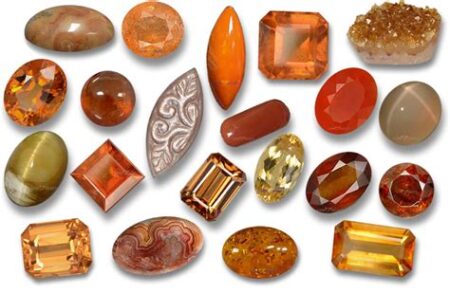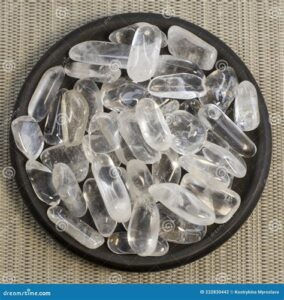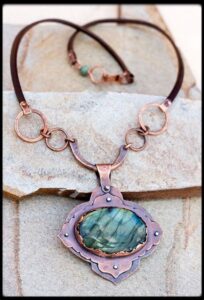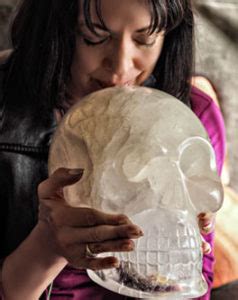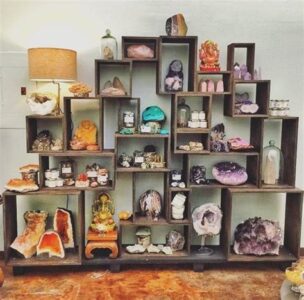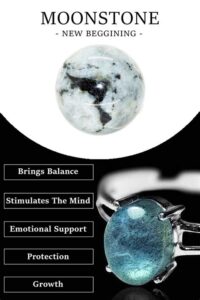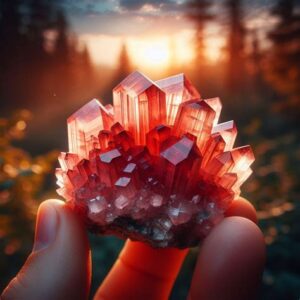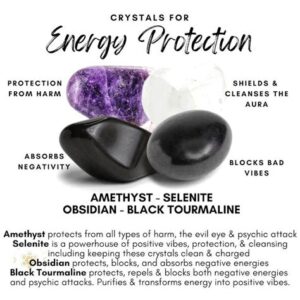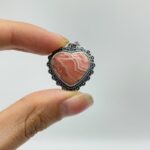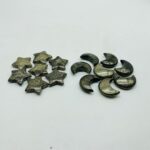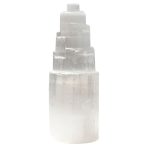Introduction
As the prevalence of depression continues to soar, affecting an estimated 280 million people worldwide, individuals are increasingly seeking solace in alternative and holistic therapies. Among these is the use of crystals, which have been revered for centuries for their purported healing powers. In this article, we explore the therapeutic potential of crystals for depression, examining their benefits, scientific evidence, and practical applications.
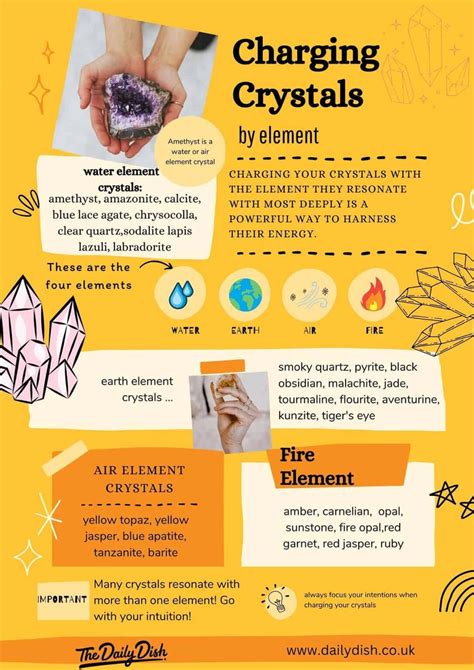
Understanding Depression
Depression is a mood disorder characterized by persistent feelings of sadness, hopelessness, and an inability to derive pleasure from activities that were once enjoyable. According to the World Health Organization (WHO), depression is the leading cause of disability worldwide, accounting for 5.0% of the total global burden of disease. Conventional treatments include psychotherapy, medication, and self-help strategies.
Crystals: A Holistic Approach
Crystals are natural minerals and gemstones that have been used in healing practices for thousands of years. They are believed to emit specific energy vibrations that can interact with the human body, mind, and emotions. While their efficacy is not universally accepted, many individuals report experiencing positive results from incorporating crystals into their wellness routines.
Benefits of Crystals for Depression
Crystals are said to provide a range of benefits for depression, including:
- Reduced stress and anxiety: Crystals like amethyst and rose quartz are believed to calm the mind and promote relaxation, reducing symptoms of stress and anxiety that often accompany depression.
- Improved mood: Certain crystals, such as citrine and yellow topaz, are thought to uplift the spirit and boost mood, providing a sense of optimism and happiness.
- Enhanced self-esteem: Some crystals, like carnelian and tiger’s eye, are believed to promote self-confidence and self-love, helping individuals overcome feelings of worthlessness and inadequacy associated with depression.
- Increased creativity and motivation: Crystals like clear quartz and pyrite are said to stimulate creativity and motivation, inspiring individuals to engage in activities that bring them joy and fulfillment.
Scientific Evidence
While anecdotal evidence suggests that crystals can be effective for depression, scientific research is limited. A few studies have explored the potential benefits of crystals on mood and well-being:
- A study published in the journal “Complementary Therapies in Medicine” found that exposure to amethyst crystals reduced stress and anxiety levels in individuals with mild anxiety.
- A study conducted by researchers at the University of Washington showed that exposure to rose quartz increased feelings of joy and contentment in participants.
- However, it’s important to note that most scientific studies on crystals are small and lacking in methodological rigor, making it difficult to draw definitive conclusions about their efficacy.
Practical Applications
Incorporating crystals into your life for depression can be done in various ways:
- Wear crystals: Wearing crystals as jewelry is a convenient way to keep them close to your body and benefit from their energy.
- Meditate with crystals: Hold crystals in your hands or place them around your body during meditation to enhance the relaxation and mindfulness effects.
- Create crystal grids: Arrange crystals in specific geometric patterns known as crystal grids to amplify their energy and focus it on specific intentions, such as reducing depression.
- Drink crystal-infused water: Placing crystals in water is said to transfer their energy into the water, creating a therapeutic beverage.
Crystal Suggestions for Depression
When selecting crystals for depression, consider the following:
- Amethyst: Known for its calming and stress-reducing properties.
- Rose quartz: Promotes love, compassion, and emotional healing.
- Citrine: Boosts mood and optimism, reducing feelings of sadness.
- Carnelian: Enhances self-esteem, motivation, and courage.
- Clear quartz: Amplifies the energy of other crystals and promotes clarity.
Conclusion
While crystals cannot replace conventional treatment for depression, they can complement it and provide additional support. The use of crystals is a deeply personal experience, and what works for one person may not work for another. If you are considering using crystals for depression, it’s essential to approach them with an open mind and remember that their efficacy is not universally accepted. Consult with a healthcare professional before using crystals, as they may interact with certain medications.
Frequently Asked Questions
- How do I choose the right crystals for depression? Consider your individual needs and preferences. Amethyst, rose quartz, citrine, carnelian, and clear quartz are commonly recommended for depression.
- Do crystals replace conventional treatment? No. Crystals should be used as a complementary therapy to enhance the effects of conventional treatment.
- Is there scientific evidence to support the use of crystals for depression? The scientific evidence is limited, but some studies suggest that crystals may have positive effects on mood and well-being.
- Are crystals safe to use? Most crystals are safe to use, but it’s essential to consult with a healthcare professional before using them if you are pregnant, breastfeeding, or have any underlying health conditions.
Additional Resources
- American Psychiatric Association: https://www.psychiatry.org/
- National Institute of Mental Health: https://www.nimh.nih.gov/
- International Society for Crystal Healing: https://www.crystalhealings.com/

